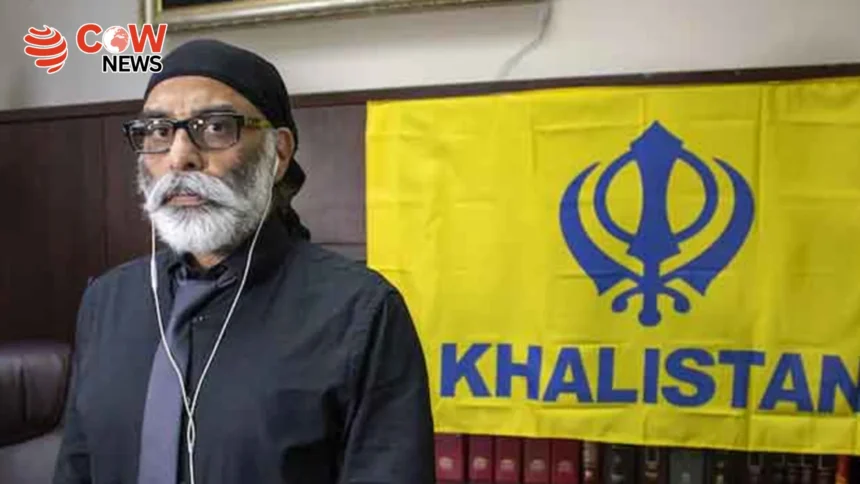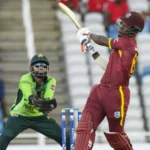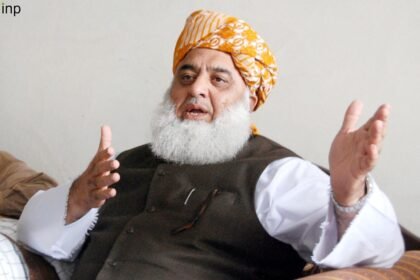Delhi( The COW News Digital)In a provocative statement that has stirred political tensions, Gurpatwant Singh Pannun, the leader of the separatist group Sikhs for Justice, declared that Delhi will become part of Khalistan. Speaking on Sunday, Pannun announced that his movement, alongside Pakistan’s military, is prepared to challenge India directly.
Addressing supporters, Pannun claimed that Canadian Prime Minister Justin Trudeau had placed the blame for all recent unpleasant incidents on the Indian government. He revealed that a referendum under the theme “Delhi Will Become Khalistan” is scheduled to be held in the United States on August 17.
Pannun outlined his vision for Khalistan’s territorial reach, stating that the proposed independent Sikh state would include not only Delhi but also regions from several Indian states — Himachal Pradesh, Haryana, Rajasthan, and parts of Uttar Pradesh. “Our sole determination is that Delhi will be Khalistan,” he emphasized, suggesting that the separatist movement’s ambitions extend far beyond Punjab.
In his statement, Pannun also accused India of committing atrocities against Pakistan, alleging that Indian forces had targeted women and children during military actions. He praised Pakistan’s Chief of Army Staff, Field Marshal Asim Munir, for his recent visit to the White House, calling it “an honor for Pakistan” and a sign of growing international recognition.
The remarks come amid heightened India-Pakistan tensions, long-standing disputes over Kashmir, and renewed concerns about cross-border militancy. New Delhi has consistently accused Pannun of promoting secessionist violence and has banned Sikhs for Justice under anti-terrorism laws. Meanwhile, Islamabad has denied any direct support for Khalistan movements but has often voiced criticism of India’s policies towards minorities, particularly Sikhs and Muslims.
Political analysts believe Pannun’s latest statement could reignite security concerns within India, especially with the referendum date drawing near. The Indian government has previously labeled such referendums as illegitimate and “foreign-sponsored attempts” to destabilize the country. However, Khalistan advocates insist that their campaign is a peaceful exercise in self-determination.
As the August 17 referendum approaches, security agencies in both India and the diaspora Sikh communities are on high alert. The statement also comes against the backdrop of strained India-Canada relations, with Ottawa and New Delhi exchanging sharp diplomatic words over allegations of interference and extremist activities on foreign soil.
Pannun’s bold assertion that Delhi — India’s capital — will be part of Khalistan marks one of the most direct challenges to Indian sovereignty in recent years, ensuring that the Khalistan debate will remain firmly in the international spotlight in the weeks to come.







